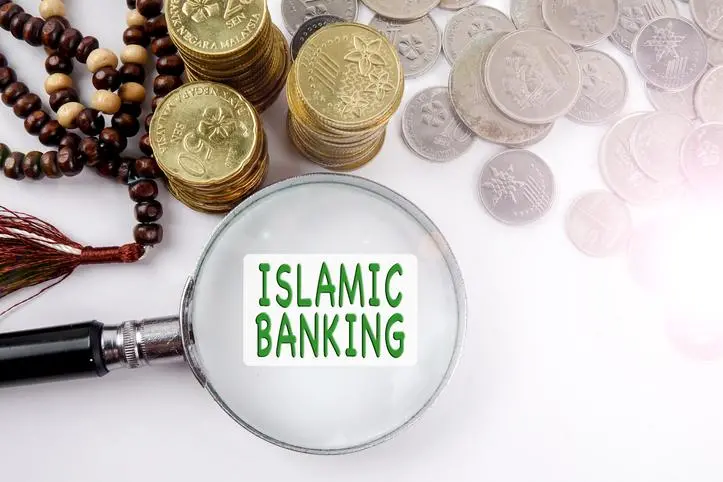PHOTO
Spending across Islamic economy sectors, excluding family-friendly travel, is forecast to rebound by the end of 2021, and is slated to reach $2.4 trillion by 2024 after recording an eight per cent plunge in 2020, a new study reveals.
The annual State of the Global Islamic Economy Report 2020/21, which ranked the UAE among top three countries in Global Islamic Economy Indicator 2020-2021, estimates that Muslims spent $2.02 trillion in 2019 on halal food, modest fashion, family-friendly travel, halal pharmaceuticals, halal cosmetics and halal media and recreation.
The data released by the report shows that consumer spending rose 3.2 per cent against 2018, with global Muslim spend on halal food and beverages totalled $1.17 trillion in 2019, and is forecast to reach $1.38 trillion by 2024. The report said Islamic finance assets reached a value of $2.88 trillion in 2019 and are expected to hit $3.69 trillion in 2024.
“While the figures reflect a 3.2 per cent year-on-year growth, expenditure in 2020 is expected to shrink by approximately eight per cent, due to the economic impact resulting from the coronavirus pandemic,” said the report unveiled by the Dubai Islamic Economy Development Centre (DIEDC).
The report was produced by DinarStandard, a US-based research and advisory firm, in partnership with Salaam Gateway, a leading news and media platform focused on the Islamic economy.
The UAE is also ranked first in two other sectors — modest fashion and halal media and recreation.
Global Islamic finance industry assets increased by 13.9 per cent in 2019 to reach $2.88 trillion from $2.52 trillion in 2018. The biggest countries in 2019 were Iran ($698.2 billion), Saudi Arabia ($629.4 billion) and Malaysia ($570.5 billion). And while asset growth is expected for 2020, the industry is expected to reach $3.69 trillion by 2024.
Sheikh Hamdan bin Mohammed bin Rashid Al Maktoum, Crown Prince of Dubai, Chairman of The Executive Council of Dubai and General Supervisor of the Dubai: Capital of Islamic Economy Initiative, said the UAE is in a strong position to become a global leader in developing Islamic economy sector. The country has accumulated extensive expertise in the field of Islamic economy and established a robust fintech infrastructure that places it in a strong position to become a global leader in developing the sector.
The Crown Prince called for strengthening channels of cooperation with partners around the world, and harnessing the potential of the Dubai: Capital of Islamic Economy Initiative to attract investment and capital into the Islamic economy sector, which in turn will enhance both Dubai and the UAE’s roles as major players in expanding regional and global growth opportunities post-Covid-19.
Sheikh Hamdan pointed out that the Islamic economy sector has the potential to lead post-pandemic global economic recovery. He stressed the need to take advantage of fresh opportunities that can open new economic horizons and help both the region and the world overcome the repercussions of the pandemic.
Malaysia once again topped the overall Global Islamic Economy Indicator as well as the Islamic finance sector, the family-friendly travel sector, halal food and beverages sector, halal pharmaceuticals and cosmetics sectors indicators.
The report said following a record year of investments in Islamic economy-relevant companies in 2018, investments in 2019 registered a 13 per cent drop to reach $11.8 billion. Of the total investments, over 52 per cent were within the halal food and beverages sector, while the Islamic finance and Islamic lifestyle sectors attracted 41.8 per cent and four per cent, respectively.
Sultan bin Saeed Al Mansouri, chairman of the DIEDC, said the UAE’s progress can be attributed to the commendable efforts of the centre and its strategic partners in successfully implementing its initiatives.
“Such consistent efforts have contributed to the significant growth of the Islamic economy in Dubai, boosting the industry’s contribution to Dubai’s GDP, in addition to supporting sustainable development in the UAE and advancing its economic diversification drive.”
Essa Kazim, governor of the Dubai International Financial Centre and secretary-general of the DIEDC, said the figures in the report indicate the critical role of the Islamic finance sector in the overall Islamic economy ecosystem, and its crucial role in the current economic environment.
Abdulla Mohammed Al Awar, CEO of DIEDC, said in these uncertain times, “the Islamic economy, with its ethical and transparent ecosystem, remains a pillar of strength and a guarantee for a better future”.
Copyright © 2020 Khaleej Times. All Rights Reserved. Provided by SyndiGate Media Inc. (Syndigate.info).





















